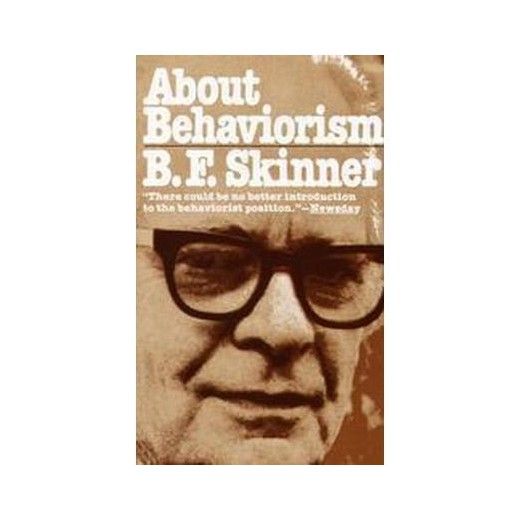Long-winded in the Windy City
Two weeks ago today at about this time I was some 90 minutes into giving a one-hour speech. I tend to run long. This, it should be noted, is not because I have a lot of terribly important things to say. Rather, I'm one of those annoying characters who really, really enjoys being on stage.
The occasion was the national conference of ASBPE, the group formally known as the American Society of Business Publication Editors. And if you had the good sense to not be sitting in a suburban Chicago ballroom that day listening to me drone on and on, I congratulate you.
However, it should be noted that at least one topic I spoke about is probably something you've heard about in the past day or so -- the emerging idea that publishers should use a separate freelance team (or separate staff) to create native advertising. It turns out that just yesterday the news broke that Wired magazine had created a unit called Amplifi "to create content for brands that's highly tailored to the Wired reader while labeled as promotional." The most interesting thing about Amplifi is that "at the heart of the operation is a vetted roster of writers, filmmakers and others. Some have even worked for Wired editorial in the past, but they’re not current contributors, so as to avoid any journalistic conflicts of interest."
I'm thrilled by this development. You should be too.
Now just to be clear, I didn't originate this idea. Nor did Wired. Rather, there's an emerging consensus surrounding the ethics of content creation for native advertising. I developed my thoughts on this based largely upon the standards of MIT Technology Review. (Or, to be more direct, I stole the idea from them.) Lots of brands are struggling with this issue, and many are coming down on the side of a separate, vetted team that must meet the standards of both the advertiser and editorial leadership.
If you want to read more about my thoughts on editorial ethics and native advertising, check out this article about my speech to ASBPE. Phillip Perry did a good job of explaining my position on the issue, as well as some of the other topics in my speech.
He didn't, however, write anything about what I thought were some of the more interesting topics in my presentation -- the power of transmedia, constructivism theory in education, and using monomyth to understand the subtext of your content.
He must have fallen asleep at the two-hour mark.




